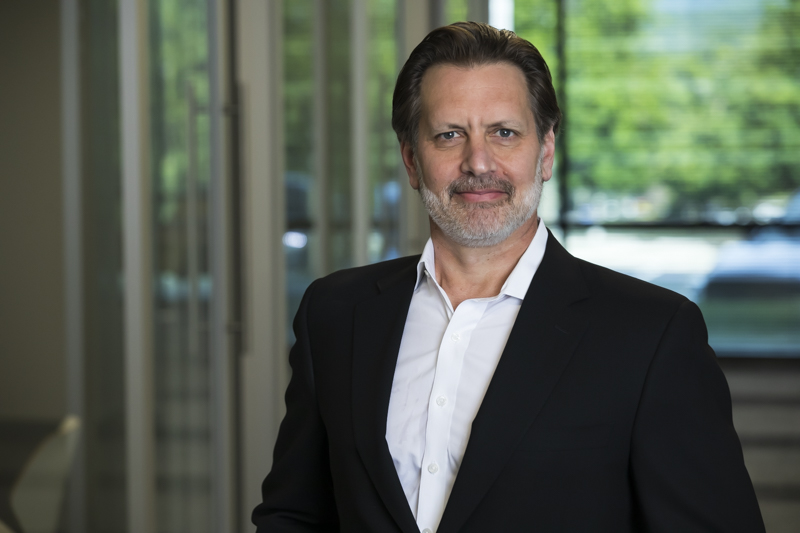Dave Vreeland, Senior Managing Partner, Caduceus Capital Partners, LLC
Tell me about your early career and how that led you to become an entrepreneur.
After receiving my master’s from Washington University, I worked in various administrative roles at Barnes Hospital in St. Louis and Northwestern Memorial Hospital in Chicago. I discovered that I liked the systems work more than running departments. So, I went to work with EY, where I rose quickly and loved the craft of consulting. However, I didn’t like the structure and lack of creativity in working for a large firm like that, so I decided to start my own company, Cumberland Consulting Group, in Nashville in 2004.
Cumberland Consulting Group grew quickly, eventually to 500 employees and annual revenues of more than $100MM. I’d attribute our success to good timing and relationships that I had maintained over the years. We created a culture of openness and appreciation for our people, which kept them engaged, interested, and wanting to be a part of our firm.
After such success as an entrepreneur, what inspired your move to lead an early stage investment fund?
As someone who is very curious and always looking forward, I reached a point where I wanted a different career in my 50s. I wanted to learn more about how to structure private equity deals. Meanwhile, I’ve always had a good handle on where the future was going in healthcare from a technology standpoint and felt that I’d be good at investing given my broad background and experience. That’s what led me to launch my first fund, Jumpstart Capital Growth Fund I.
Venture capital, especially in healthcare, is hard. What does it take to be successful?
I’ve actually found it to be pretty easy, but that comes with perspective and experience. A lot of the “rules” of venture give long-time VCs permission to be lazy. I think my partner Scott and I bring a fresh view to investing at this level. In many ways our “good fortune” components like plenty of deal flow, and entrepreneurs who want us to fund them, come from a long career of working hard and building relationships. I think we bring a level of creativity to the business that would have been squeezed out of us had we learned the business the traditional way.
What’s the best piece of advice you’ve ever received?
Don’t have big, lofty, lifetime goals. Be micro-ambitious. You’re going to find in life that as you change, your interests will change, and you’ll learn what you’re really good at doing. That’s how you get to that perfect place where what you do for a living is a perfect match for your skills, and the money will follow.
For those who are interested in becoming entrepreneurs, what are the three most important things they should consider before launching a company?
Being an entrepreneur is really hard, lonely work and the toughest part is everyone who tells you you’re crazy and your ideas are bad. That long sentence is intended to paint the picture of how awful it can be to be an entrepreneur, because it is.
Secondly, it’s important to have a good sense of what you’re not very good at and get someone in your company who is. I’ve seen many companies with great ideas fail because the entrepreneur is a control-freak autocrat (which is a natural characteristic of entrepreneurs, ironically!)
Finally, have an “it didn’t work out” plan. Any startup is a high-risk venture, and I’ve seen lots of people keep trying when it’s clear that this one didn’t work out. Call it the “sunk cost fallacy,” but mature adults who go to Hollywood to become the next Brad Pitt should always have key milestones that, if not achieved, mean it’s time to pack it up, head back home and get a real job. So it should be with startups.
What do you like to do when you’re not working?
Exercise, hiking, mountain biking, travel and playing music. But mostly work. I work a lot because I enjoy what I do so much.
What’s your favorite restaurant in Nashville?
Roze Pony – new one in Belle Meade.
What are three things you can’t live without?
Family, friends and gin.
What is your favorite vacation spot?
Paris or Tuscany
If someone is looking to invest in a venture capital fund, what advice would you give them?
A high-risk, long term investment is all about the thesis and the fund manager. Understand how ten-year funds work, believe in the thesis and be sure you really know the fund manager – their integrity and work ethic will determine success.

